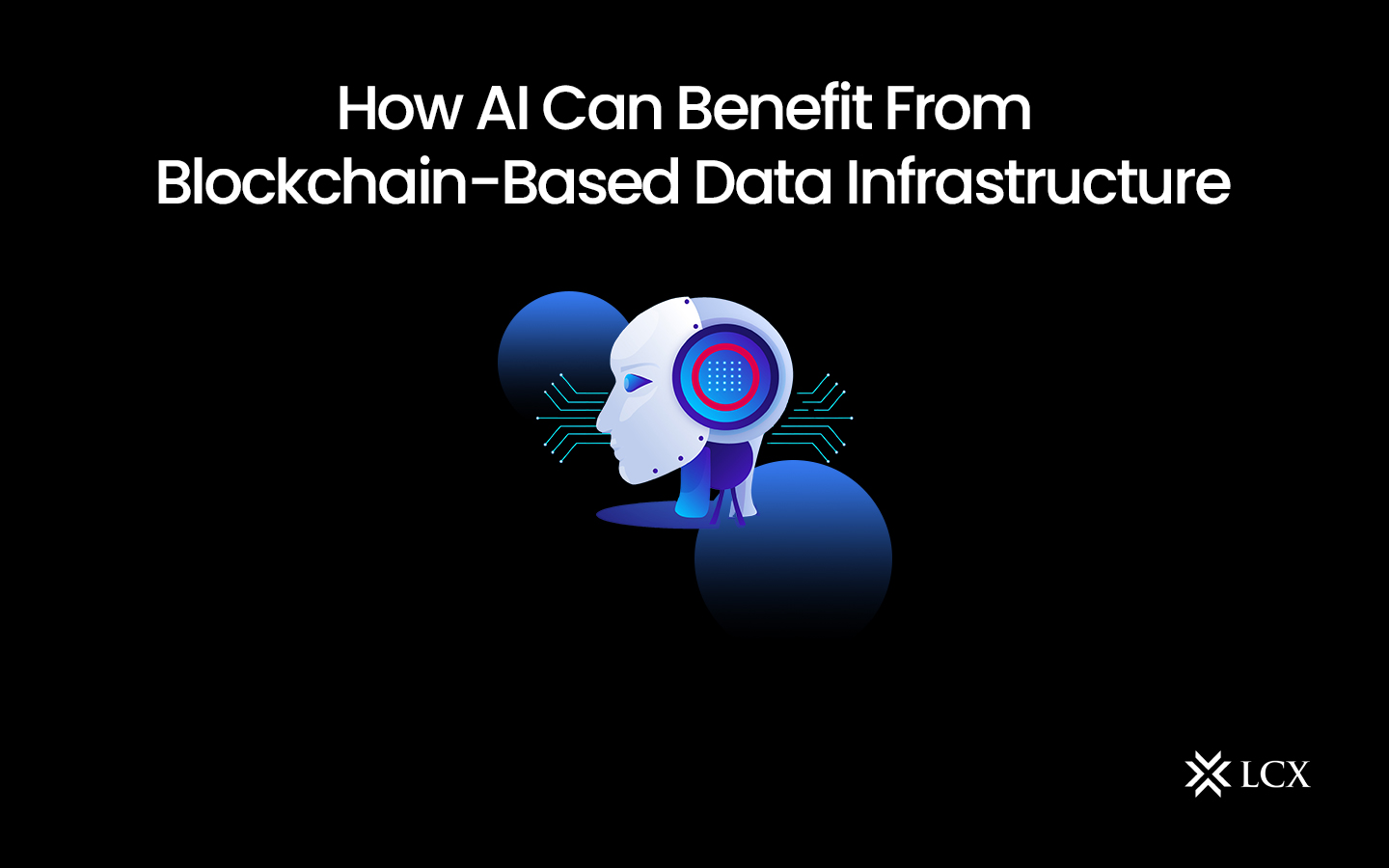
Immutable Data Audit Trails
Blockchain’s key characteristic is immutability, meaning once data is recorded, it cannot be altered retroactively without consensus from the majority of network participants. This feature is particularly valuable in the context of AI, where transparent and auditable data trails are essential for accountability and compliance.
AI models often rely on vast amounts of training data, and ensuring the integrity of this data is crucial for producing reliable results. By leveraging blockchain’s immutability, AI developers can trace the entire data lifecycle, from collection to usage, ensuring data integrity and authenticity. This feature not only enhances the credibility of AI systems but also facilitates regulatory compliance, particularly in industries with stringent data governance requirements.
Decentralized Data Marketplaces
Blockchain-based data marketplaces are emerging as platforms where users can securely buy, sell, and share data. These marketplaces allow individuals and organizations to retain ownership and control over their data while sharing it with AI developers, researchers, or businesses.
The integration of AI with such decentralized data marketplaces unlocks new possibilities for AI model training and development. AI developers can access diverse datasets without compromising user privacy or dealing with complex data-sharing agreements. Additionally, data owners can monetize their data, incentivizing them to contribute more high-quality datasets to these marketplaces, ultimately enriching the AI training process.
Consensus Mechanisms for AI Model Validation
AI model validation is a critical process to ensure the accuracy and reliability of AI systems. Blockchain’s consensus mechanisms, such as Proof-of-Work (PoW) or Proof-of-Stake (PoS), can be adapted to validate AI models in a decentralized manner.
By employing a consensus mechanism, AI developers can reach a collective decision on the most accurate AI model, preventing any single entity from manipulating or biasing the results. This decentralized validation process enhances the credibility and robustness of AI systems, making them more suitable for critical applications like healthcare diagnosis, financial forecasting, and autonomous vehicles.
Scalability and Interoperability
Traditional AI systems often face challenges related to scalability and interoperability, particularly when working with diverse datasets and AI algorithms. Blockchain’s distributed nature can offer solutions to these issues.
Blockchain networks can be designed to accommodate various data types and AI algorithms, ensuring seamless interoperability across different AI models. Moreover, with blockchain’s potential for horizontal scaling, AI applications can efficiently process large amounts of data in real-time, enabling faster and more sophisticated AI solutions.
Tokenomics for AI Incentives
Tokenomics, the study of cryptocurrencies and digital tokens within blockchain ecosystems, can be applied to create incentive structures for AI-related tasks. For example, AI developers can design tokens that reward users for contributing data to train AI models or validate their accuracy.
These token-based incentives encourage greater participation in AI initiatives, leading to larger and more diverse datasets for model training. This approach can also foster collaboration between AI developers, data providers, and end-users, creating a vibrant AI ecosystem that benefits from a network effect.
Federated Learning and Secure Data Sharing
Federated Learning, a rising AI approach, enables the training of AI models across multiple devices or nodes while keeping the data decentralized and locally stored. It ensures privacy by not centralizing raw data in one location, reducing the risk of data exposure. However, coordinating federated learning across numerous devices can be complex.
Blockchain can serve as the underlying infrastructure for federated learning by facilitating secure and efficient communication and coordination among nodes. Smart contracts can manage the consensus mechanisms, ensuring the integrity of the federated learning process and the authenticity of participating nodes.
Trustworthy Autonomous Systems
Autonomous systems, such as self-driving vehicles and drones, rely heavily on AI algorithms to make real-time decisions based on sensor data. Safety and trustworthiness are paramount for these systems to be widely adopted.
Blockchain can play a critical role in enhancing the trustworthiness of autonomous systems by providing a transparent and auditable record of decision-making processes. Each decision made by an AI agent can be recorded on the Blockchain, along with relevant data and contextual information. This audit trail can be invaluable in understanding the system’s behavior, identifying potential flaws, and continuously improving its performance.
Energy Efficiency and Scalability
Traditional AI systems, particularly deep learning models, demand enormous computational power and energy resources for training. Blockchain networks, too, have faced criticism for their high energy consumption.
However, advancements in Blockchain protocols, such as proof-of-stake (PoS), have made significant strides in reducing energy consumption. By leveraging the benefits of both technologies, researchers are exploring innovative ways to create more energy-efficient AI models and Blockchain networks. Moreover, the decentralized nature of Blockchain can enhance the scalability of AI systems, ensuring seamless integration with growing datasets and users.
Conclusion
The integration of AI and Blockchain is an exciting frontier in the world of technology and data infrastructure. By combining the power of AI’s data processing capabilities with the security, transparency, and decentralization offered by Blockchain, we unlock numerous possibilities for innovation and societal impact.
From enhancing data security and privacy to facilitating decentralized data marketplaces, AI and Blockchain hold the potential to disrupt various industries and revolutionize the way we interact with data. As these technologies continue to evolve, businesses, researchers, and policymakers must collaborate to ensure that the potential benefits are maximized while mitigating any potential risks.
The convergence of AI and Blockchain promises to shape the future of data infrastructure, and its potential is truly boundless. Embracing this powerful alliance can lead to a more efficient, trustworthy, and inclusive data ecosystem that drives progress and transformation across industries.



















